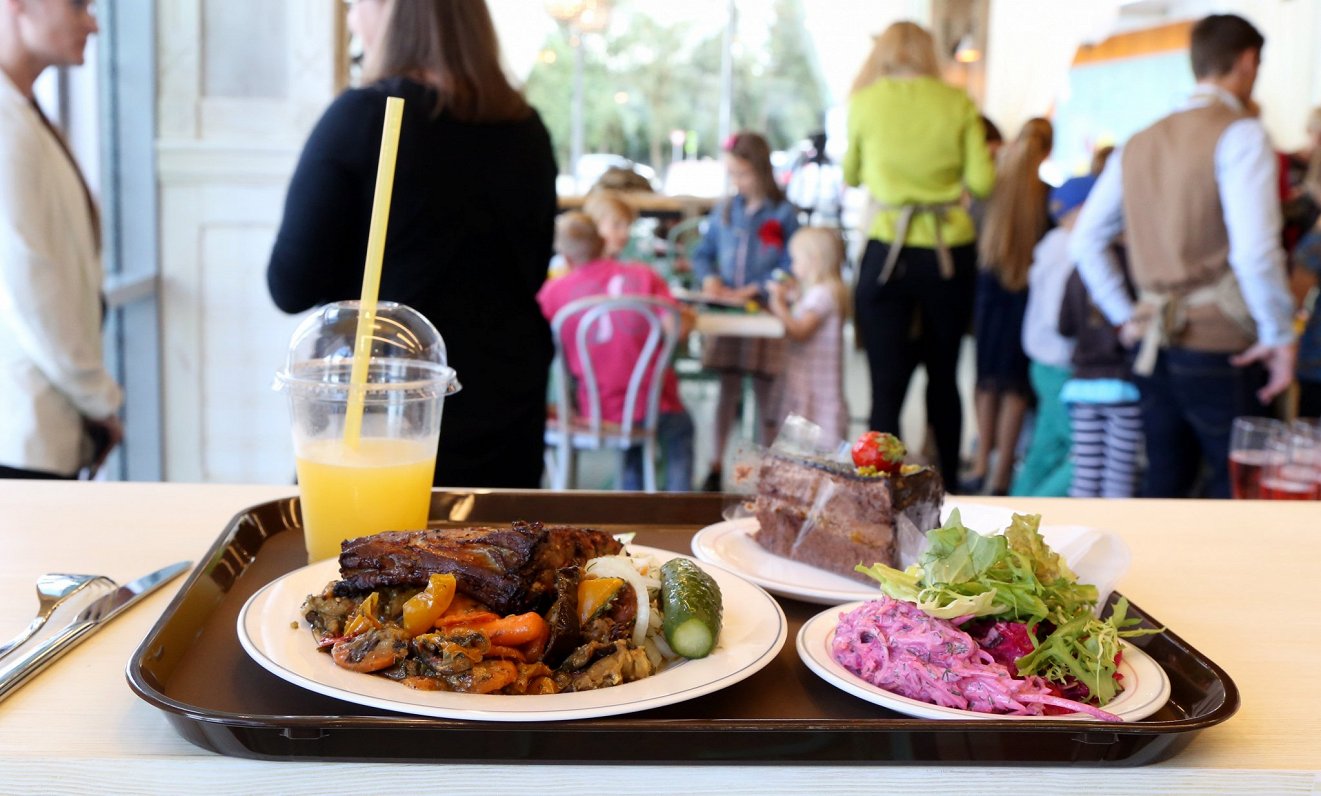Seven “Can Can” pizzerias and three “Caif Cafe” cafes will be closed from February next year. The head of this business, Andrius Vasiliauskas, explained that the decision had been difficult to take, but it was inevitable because the Lithuanian company had not been able to recover on the Latvian market. Even after pandemic restrictions in restaurants and cafes were lifted, life has returned slowly, so the company has decided at least to leave with honor, promising to settle properly with the people made redundant.
Recent years have not been easy for caterers, according to Aigars Kaugars, head of the Latvian Association of Caterers.
“There have always been concepts that close down. Concepts also have different life cycles. This year, prices of products, wages, and public payments have increased significantly, with high inflation having a negative impact on people's purchasing power, and changing eating habits. This was probably the main reason for closing “Can Can”. If the market as a whole is concerned, caterers cannot raise prices to the extent that the costs are rising, because purchasing power is limited, so it is very important to look for opportunities to work more effectively. It would also be important that the new government continue to work on cutting labor-wage taxes. "
“This year, visitors are fewer than they were before the Covid. As the heating season starts, they have become even fewer. Sociological studies show that only one in five people of working age visits canteens and restaurants regularly, once to twice a week,” Kaugars noted.
The situation is complicated enough, Santa Graikste, executive director of the Latvian Hotels and Restaurants Association, said. Caterers have not been able to include all price increases in final product prices.
Graikste said: “In December, what we see as a positive trend is that municipalities also organize holiday dinners, and employers want to organize [dinners] for their employees. [..] In general, of course, the situation is complicated."
Political parties before the Saeima elections promised to reduce the value-added tax (VAT) on food goods and catering businesses.
Graikste said: “We hope that politicians will also understand and extend to catering companies [reducing the VAT rate], it would help to survive, it would also help attract additional employees. [..] Otherwise, it may be the biggest disaster for the industry. The lack of employees for the industry is also another issue that remains very topical."






























